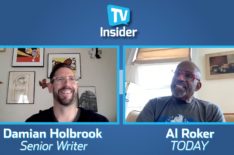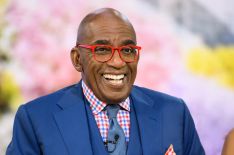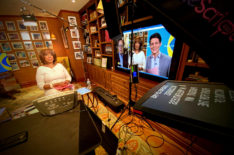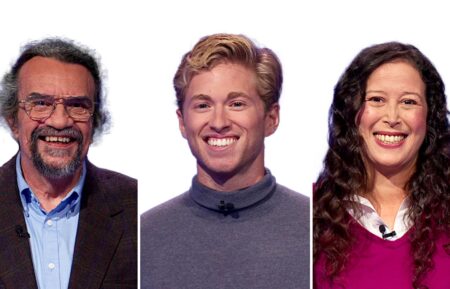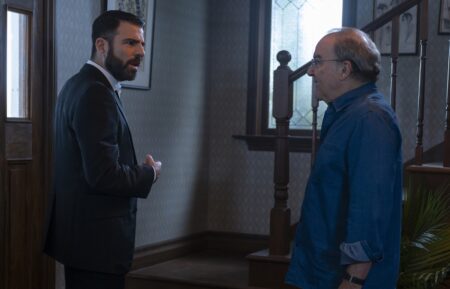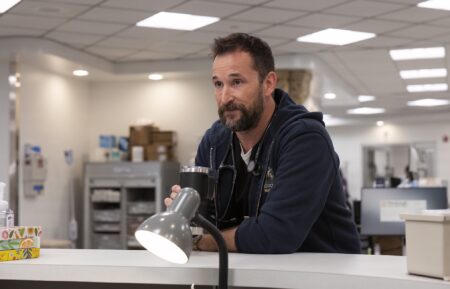‘Today’s Al Roker on His New Book ‘You Look So Much Better in Person’ & Hosting From Home
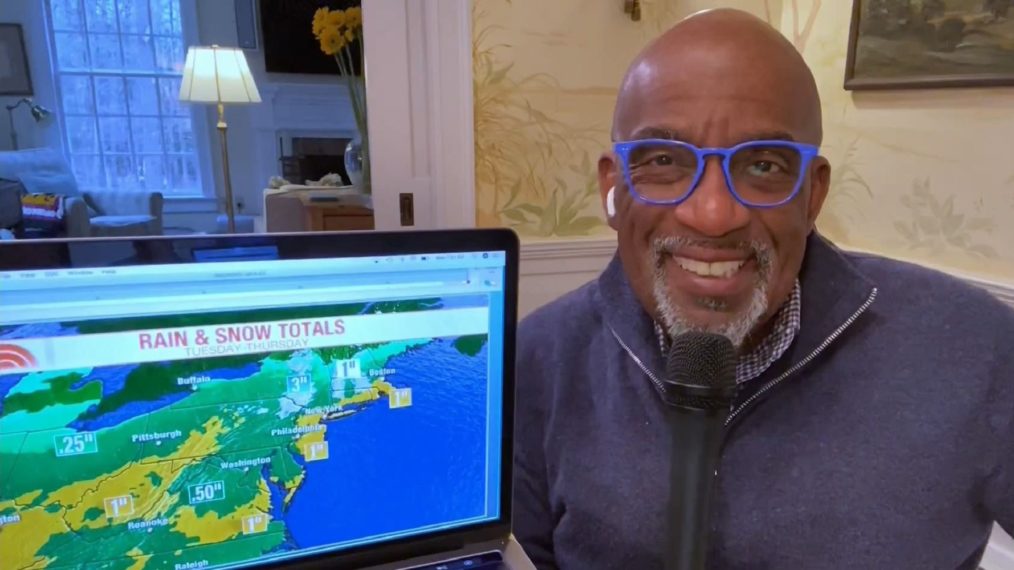
Q&A
Al Roker has been a part of people’s households for decades, but he’s offering a fresh take on his perspective in his newly released book You Look So Much Better in Person: True Stories of Absurdity and Success.
Along with writing about his career, the co-host of Today‘s third hour has been reporting from home amid the ongoing coronavirus pandemic, delivering forecasts and more virtually, which has been an adjustment. But he’s taking it in stride as he keeps in touch with his co-hosts, reuniting with them for a socially distanced gathering earlier this July.
Now, he’s looking forward to an upcoming Rokerthon which will be available on TODAY All Day (the morning show’s new streaming service), Peacock and TODAY.com as well as Al Roker Entertainment’s upcoming role in LifeAid. Below, Roker discusses his book, Today, LifeAid and more.
What inspired you to open up about your career in this book? Why was it time?
In a sense, it’s kind of the theme of the book, which is to be open to new things and new ideas. I had no plans of doing this. This woman who would eventually become my editor, Krishan Trotman, came up to me after I gave a speech at the National Association of Broadcast Journalists two years ago now.
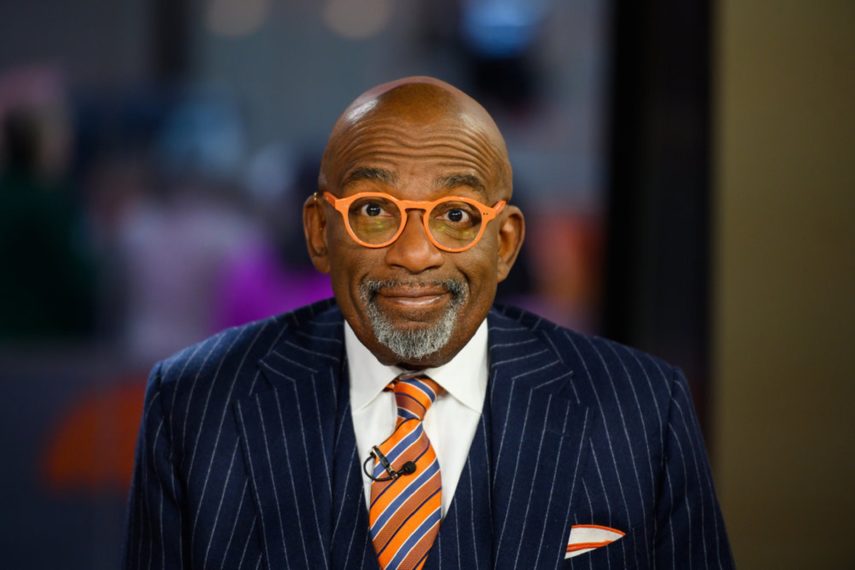
(Credit: Nathan Congleton/NBC/NBCU Photo Bank)
And she said, “I listened to your talk, and you’ve just got an interesting career and an interesting outlook. I was wondering if you’d be interested in doing a book.” Well, I’m always interested. I didn’t really think about it. And so, that’s how it started. But I didn’t really have any plans to do this. And fortunately, that’s been the story of my life.
Definitely. Your story is very much about taking chances, but also taking things one day at a time. What makes that message so relevant right now, especially when making plans is kind of impossible at the moment?
That’s the point, in a sense, of the book, which is people make these five year plans. And if I had told you in January that in July we would be in the middle of the worst global pandemic in more than a hundred years, that our economy would be struggling, and that there would be a civil and social reckoning that we haven’t seen since the 1960s, all together, I don’t think anybody would believe it. But that’s what’s happened. And people’s plans, well-laid plans, well-meaning plans have all gone out the window, and we’ve had to reinvent.
In your early years, you mention not having plans to be in front of the camera but different opportunities led you there. What do you think young people beginning their careers should take away from your book?
I had no plans of being on television. I didn’t consider it, didn’t think about it. When I looked in the mirror in college, I was already losing my hair, I was chunky, I had glasses, and I was black. In 1974, that was not a recipe for, “Hey, you want to be on TV?” But I wanted to be in television. I wanted to work in TV, not on TV. But when my department chairman wanted me to audition for it, I said, “Yes, why not? What’s the worst that would happen, I didn’t get the job? Oh, well.”
You’ve had so many incredible opportunities in your career — which event or experience were you most excited to write about in your book?
That’s the thing you always worry about, you think it’s exciting, but worry that the folks at home won’t. But the idea that I got to interview Charles Schultz, who was one of my idols — I’m a comic strip aficionado and I doodle a bit. And I got to interview him not once, but twice for the 50th anniversary of Peanuts, and then sadly six months later, when it was discovered that he had been diagnosed with colon cancer and was dying. He asked me to come back to interview him one last time. And that meant the world to me.
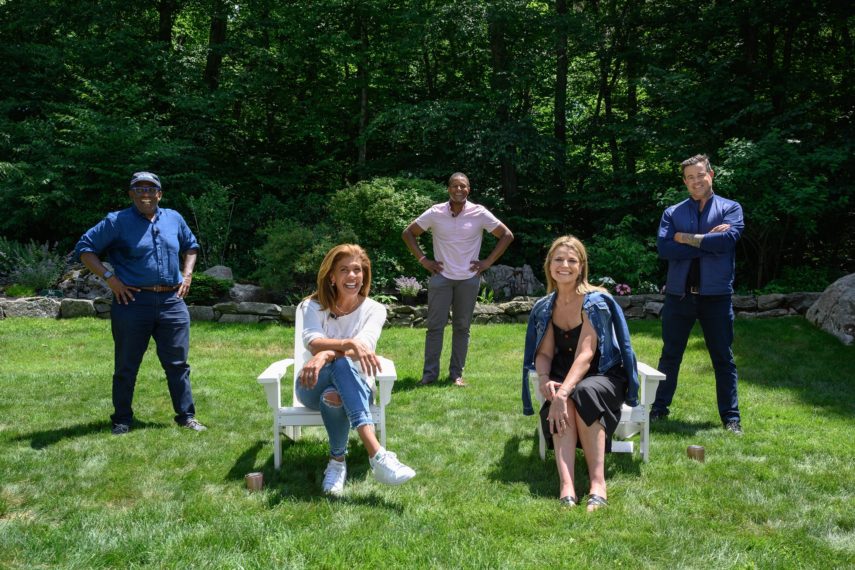
(Courtesy of NBC)
I was also able to be on Broadway not once, but twice, because of Waitress. And again, saying yes, even though I’m no actor. I’m certainly not a Broadway actor. And I’m not a singer. But thanks to my daughter, who at the time was at LaGuardia School of Performing Arts and Musical Theater, saying, “Dad, how do you say no to Broadway?” She’s right. How do I do that? And it was one of the most exciting, exhilarating personal experiences I’ve ever had.
Talking about experiences, what has it been like adjusting to this “new normal” of co-hosting from home? Have there been any updates or plans made to return to the studio?
I don’t know how it’s going to play out. Carson [Daly], Savannah [Guthrie], Hoda [Kotb] and Craig [Melvin] have been in the studio, and they’re so spread out. If I were there, I’m not quite sure how they would fit it on camera. People would be squinting, like, “I think that’s Carson. Oh no, I’m sorry, that’s Craig.”
It’s a conundrum, especially in the morning, because you have a cast of people, as opposed to, say, Nightly News with Lester Holt. It’s just one person, we’ve got the whole cast. So, I don’t know what it’s going to be like. I miss everybody. Not only do I miss those folks who are on it, but I miss our group. Our camera people, our stagehands, our audio people, our floor directors, the folks in our ear down in the control room. They’re all part of the fabric of the show. So I think we’ve done a good job being in boxes, physically, but it’s been tough. For the third hour of Today we had a virtual cocktail hour.
You recently reunited with your co-hosts. What was that experience like to gather with them?
March 15th was the last time we’d all been together. It was very emotional. I didn’t cry, but I was a little misty. It’s like that old Joni Mitchell song, no one seems to know what they’ve got ’til it’s gone. Something that you take for granted, when it’s all of a sudden ripped from you, it’s like, “Wow.”
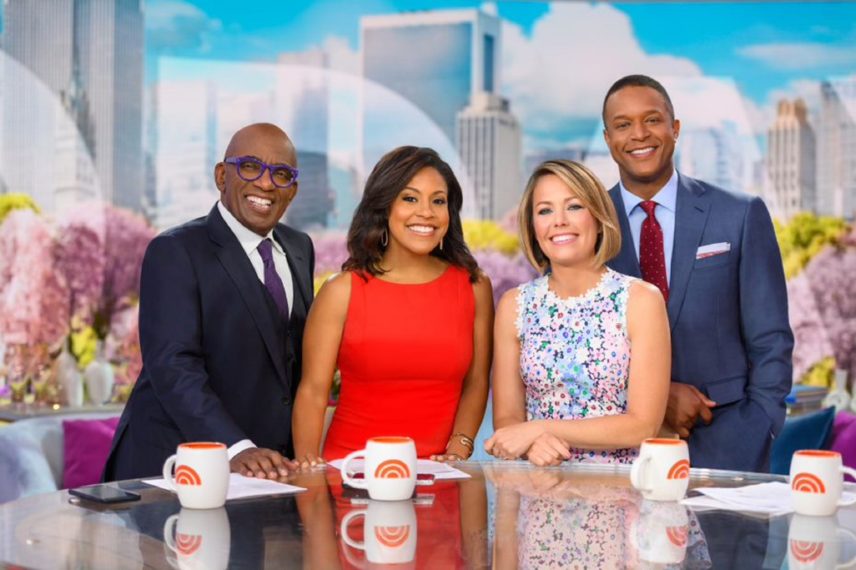
(Credit: Courtesy of NBC)
What can you tell me about Al Roker Entertainment’s upcoming LifeAid special?
There’s a great guy, John Wordin, who started the organization, LifeAid. Our veterans are coming back from war. 20 years ago, a lot of these men and women would have been dead, but technology has allowed them to live. But a lot hasn’t been dealt with when it comes to brain injuries, and brain trauma, and the emotional toll that that takes.
So their organization has this holistic approach of looking at surgery, brain research, brain therapy, emotional therapy, and physical therapy, that tries to make these people whole. And now it’s widened out, to not just service vets, but front line responders, first responders. So, we’ve produced this special that will be airing on Discovery, American Heroes, and the Science Channel starting in late August, you can check your local listings, called LifeAid: A Story of Hope. And we’re very, very proud of this.
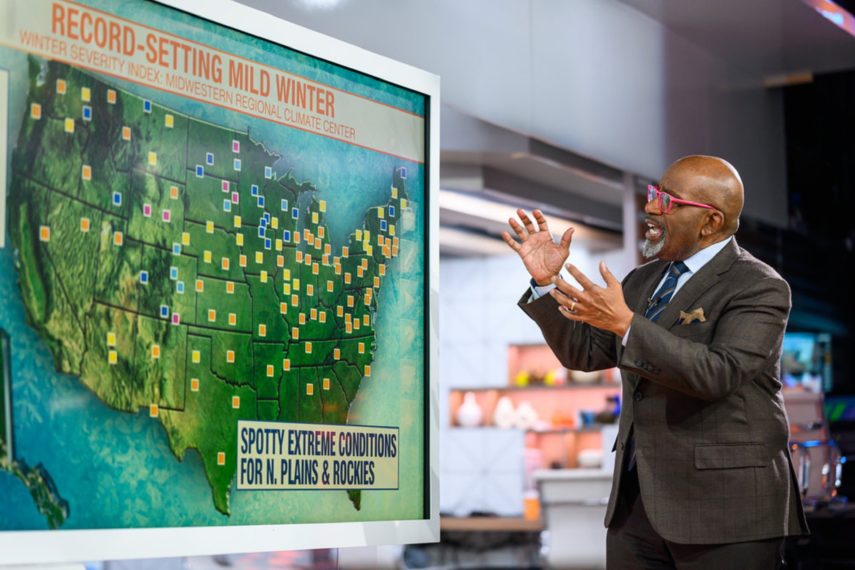
(Credit: Nathan Congleton/NBC/NBCU Photo Bank)
If you could tell your younger self anything about where you’ve ended up in life, what would you say?
I would say, “Lose weight sooner.” But other than that, I would say to always take chances, because what’s the worst thing that happens? It doesn’t work, and you pick yourself up and you go forward. And for some folks that’s easier said than done, and I understand that.
Today, Weekdays, NBC

